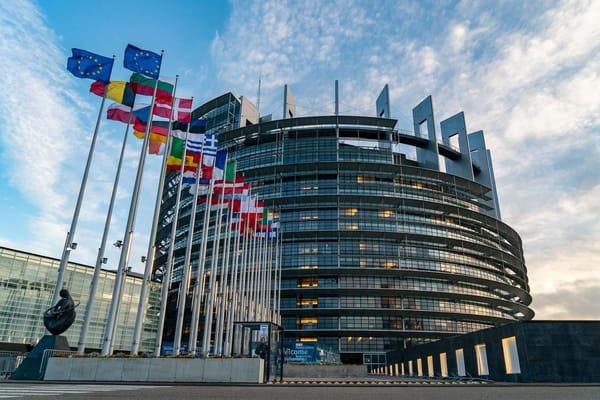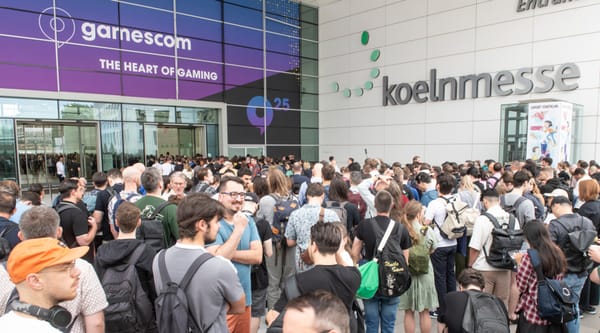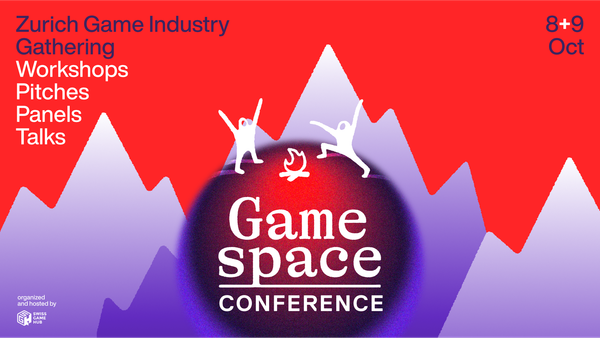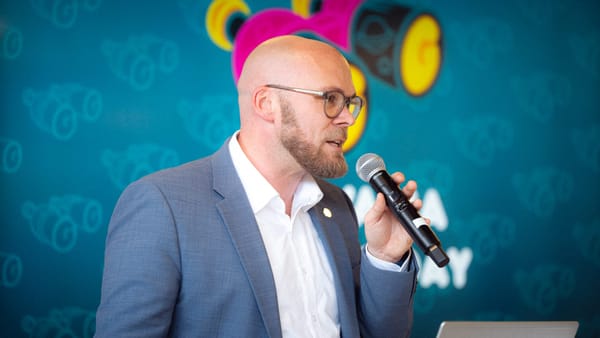Whether this commitment will ultimately have the desired effect is, of course, another matter entirely. What is certain, however, is that both the European industry association Video Games Europe and the German youth protection organization USK have seized the opportunity to contribute their expertise to the public consultation on the Digital Fairness Act (DFA).
In doing so, both organizations have reiterated their already known points. Among other things, they refer to the existing and well-functioning youth protection measures in the gaming sector. The comprehensive statements are available on the respective websites of VGE and USK (in German). Although both statements agree on many points, there are subtle differences. For example, VGE refers to the economic importance of the industry and to existing and new laws, some of which are not yet in force and whose effects should be awaited before new regulations are passed.
In its statement, the USK, on the other hand, addresses the right to participation, which also applies in the digital space. Blanket bans are rejected; what is needed are proportionate, context- and impact-oriented assessments in individual cases, such as excessive use or manipulative designs.
The ongoing deliberations on the Digital Fairness Act prompted an unusually harsh statement from Supercell co-founder and CEO Ilkka Paananen at the beginning of October, which was followed by a statement from the second European industry umbrella organization, EGDF. However, the issue itself has been simmering for some time.
For well over a year, consumer protection organizations have been mobilizing against monetization practices in the gaming industry, with legitimate questions accompanied by generalized and not always accurate statements.
Sign up for GamesMarket
The Games Industry B2B Magazine for Europe, from Germany.
No spam. Unsubscribe anytime.










